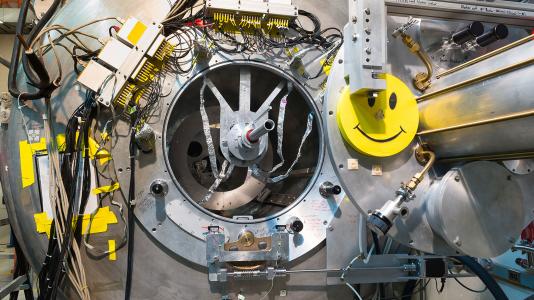The catalysis science program explores the efficient use of natural resources, such as light alkanes (methane, ethane, etc.), as precursors of fuels for transportation and commodity chemicals and the upcycling of waste plastics to value-added products.
